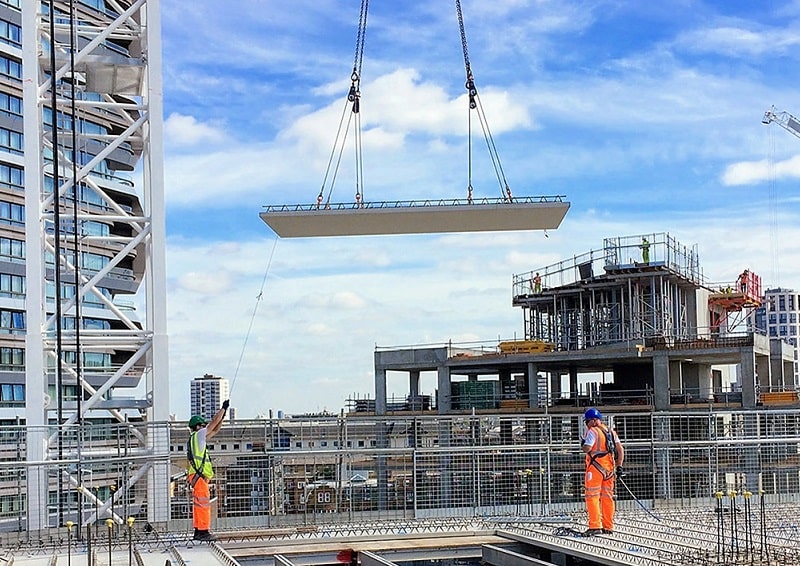Will 2019 be the year of MMC?

We spoke quite a lot about offsite construction over the last year or two and it was clear, even then, that this and other modern methods of construction, or MMC, were likely to replace more traditional forms of construction across the Irish industry in a short space of time. It would appear that this is now happening.
The established benefits of offsite construction are many, and we will discuss those in greater detail below, however, a conversation with a busy main contractor earlier this week put things into sharper focus when he talked about the effect the labour/skills shortage was having on his sites. Namely, the sheer lack of skills is jeopardising the entire build programme. Contractors are genuinely struggling to deliver on the programme targets and the very real risk of blocklayers and other trades walking off site or moving sites is an ongoing problem, and one that is starting to bite.
As most people will be aware at this stage, offsite construction refers to the manufacture and assembly of a variety of components of a structure at a manufacturing facility/factory and then transporting those structures and sub-structures to the site of final construction.
In the past, such prefabricated construction was perceived as a high-quantity, low-quality mode of construction whereas we now know that the opposite is true. One of the key benefits of offsite construction is the guarantee of consistent quality. As the manufacturing takes place in a controlled environment, under strict standards, the quality is uniform – unlike what happens on a traditional site, which requires strict supervision to ensure consistently high quality. Of course, indoor rather than outdoor building means less vulnerability to the weather.
Another key benefit in the age of nZEB (near Zero Energy Buildings – it’s now upon us) is that offsite construction is a more energy efficient and sustainable method of construction. There is significantly less waste than traditional construction methods and the final products are more energy efficient.
Of course, the two primary benefits of offsite construction are (1.) the huge cost savings, which can be between 20% (for modular) and 40% (for volumetric) and (2.) the certainty of build programme and time savings. Looking at the PRS market in the UK, it is clear that offsite construction can result in up to 50% time savings when compared to traditional construction. Experts in this area tell us that the key to unlocking these benefits is having a design and build team that is genuinely experienced in delivering successful offsite constriction projects. We would be interested to hear about your experiences with offsite so far…
Ian Lawlor
086 3625482
Director / Business Development
Lotus Investment Group
